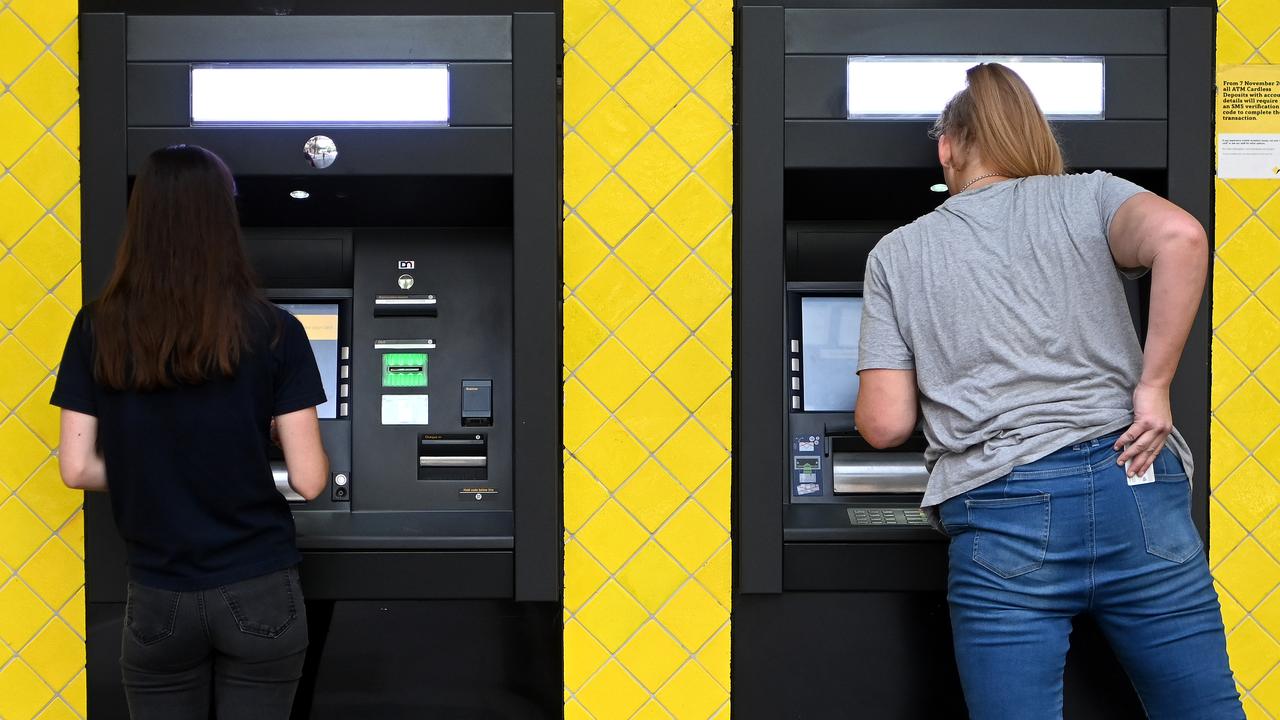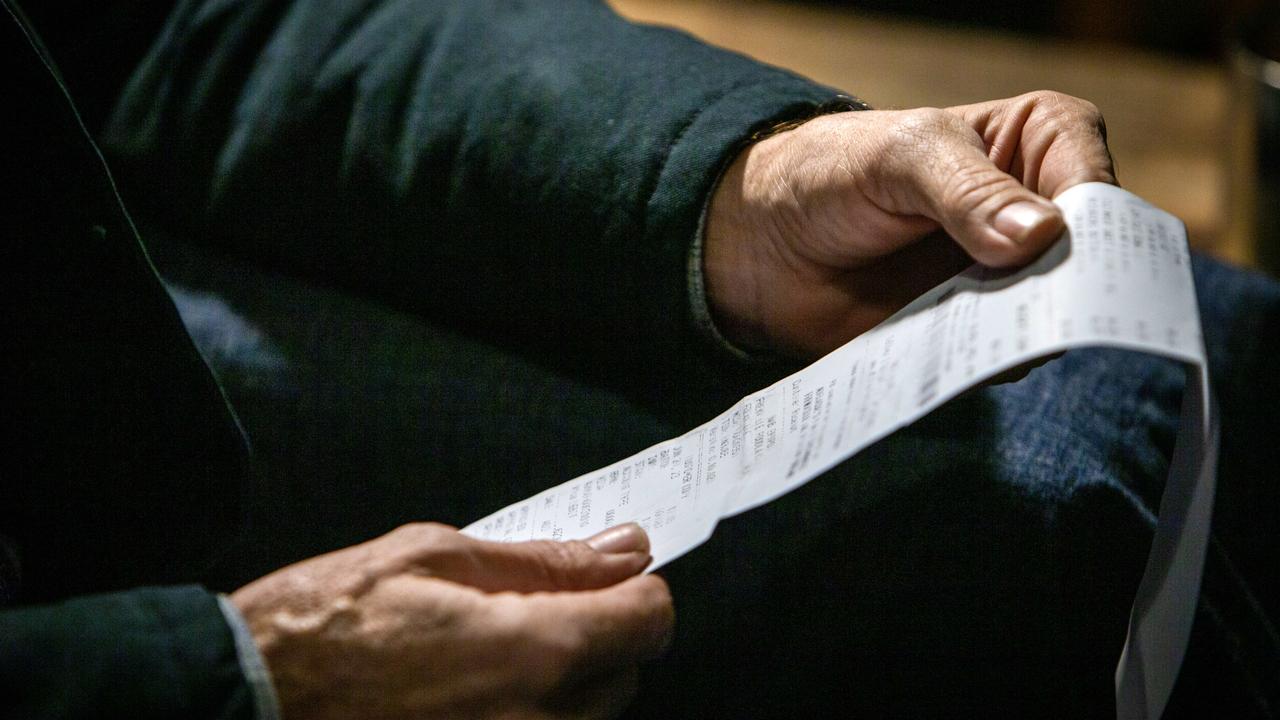Why you could be getting less back this tax time
Many Aussies are getting their tax return back and finding it a lot lighter than previous years but there’s a very simple explanation for it.
It’s now July, which means the start of a fresh financial year and the time that some celebrate and sends a shudder down the spines of others: tax time.
But Australians who’ve already rushed in to get an expected payout may notice their return is a little lighter than previous years.
There are a number of reasons this may be the case: different income and deductions, differences in the filed tax return and the pre-fill data, and your return may have been offset against some other debt.

But more likely than not, you’re seeing a more slender return for 2022/23 because the low-and-middle income tax offset (LITMO) has been scrapped.
Introduced in the 2018/19 federal budget, it meant those earning between $37,000 and $126,000 were eligible for a tax cut of up $1500 – depending on earnings, of course, with those earning between $40,001 and $90,000 enjoying the full offset.
The ATO reports more than 10 million Australians claimed the LITMO in 2020/21, but it expired at the end of June, giving some tax-time early birds a shock when their return was delivered sans $1500.

The ATO is also urging Australians not to rush their returns, warning of expected delays and follow-up questions if a return in lodged before their statement is marked as “tax ready”.
ATO assistant commissioner Tim Loh says returns lodged in early July are more likely to be changed compared with those lodged later.
“While you can lodge from 1 July, there is a much higher chance that your return will be missing important information if you lodge your return before late July,” Mr Loh said.
“If you forget to include everything, it will slow down the progress of your return, and you’ll likely end up with more work to do down the track.
“‘If you tried to bake a cake in an oven that wasn’t preheated, you’d end up with a half-baked disaster. Lodging your tax return before everything is ready is similar.”
Mr Loh also has some advice for those who’ve been hit with a debt or who are struggling with their tax.
“If you need additional support, reach out to us or have a chat with your registered tax agent as early as possible so we can find a solution,” he said.

There are also a number of changes to deductions.
The per-kilometre cost for using a personal vehicle for work matters increased to 78 cents-per-kilometre last year.
Similarly, working from home (WFH) expenses can be claimed in one of two ways: either 67 cents per WFH hour or the actual costs method to calculate the exact cost based on household bills.
Work-related expenses under $300 don’t require supporting documentation like receipts.
And the usual deductions can still be made, like any education or training course you needed for work, any work-related medical cost (like a Covid test), union fees, and tax agent fees.
Australians have until Tuesday, October 31, to lodge their tax return. If you use a tax agent, they have more time to lodge returns; however, you still need to engage the services of one before October 31.





